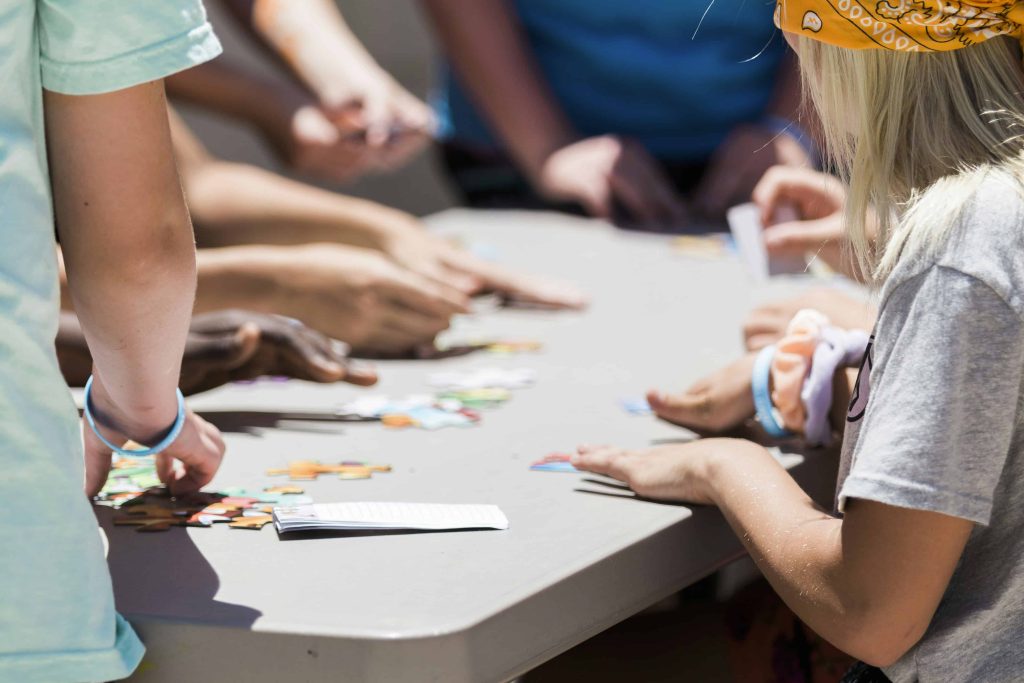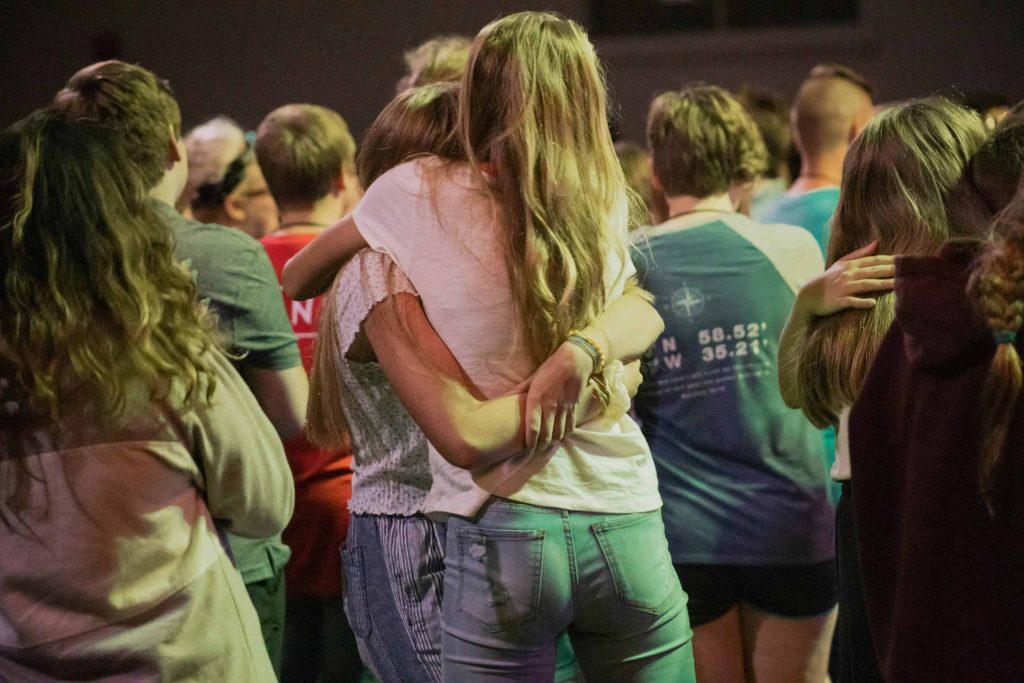
Empowering Youth Through Poetry
Poetry is a timeless form of artistic expression, known for its ability to capture emotions, explore complex ideas, and challenge societal norms. For centuries, poets have used their words to convey powerful messages, express deep emotions, and connect with readers on a personal level. Beyond its literary merit, poetry can also serve as a profound tool for personal empowerment, especially for young people.
By engaging with poetry, young individuals can gain the confidence to express themselves authentically, unleash their creative potential, and develop a heightened awareness of the world around them. In this article, we’ll delve into how poetry can empower youth by building confidence, enhancing creativity, and fostering social awareness. We’ll also explore actionable strategies that can be implemented to help young people thrive through poetry.

The Impact of Poetry on Young People
Confidence Building
Confidence is one of the most crucial qualities that young people need to succeed in both their personal and academic lives. Unfortunately, many youths struggle with self-doubt and fear of judgment, making it difficult for them to find their voice. Poetry provides an outlet where they can articulate their emotions, thoughts, and experiences in a safe and creative manner.
Writing poetry allows young people to confront their innermost feelings and transform them into something beautiful. By expressing vulnerability through poetry, they learn that their voices matter and that their emotions are valid. This process helps them overcome self-doubt, replacing it with a sense of accomplishment and self-worth.
The act of sharing poetry, whether in writing or performance, can also be an incredibly empowering experience. Spoken word poetry, for example, encourages young poets to speak with conviction and passion, helping them grow more comfortable in their ability to communicate effectively. In turn, this newfound confidence can spill over into other areas of their lives, including public speaking, social interactions, and leadership roles.
Creativity Enhancement
Creativity is an invaluable skill that drives innovation, problem-solving, and personal growth. Poetry encourages young people to tap into their imaginations and think outside the box. Whether through writing free verse, sonnets, or haikus, poetry challenges them to explore language in new and inventive ways. The process of constructing metaphors, crafting imagery, and experimenting with sound patterns fosters a deeper connection to words and ideas.
In poetry, there are no rigid rules, which means that young poets are free to experiment with form and structure. This freedom enables them to develop their own unique style, voice, and perspective. By embracing the creative process, young poets gain confidence in their ability to produce something original and meaningful.
Beyond language, poetry enhances critical thinking by encouraging youth to reflect on complex issues and emotions. When writing or analyzing poetry, they engage in a process of interpretation, considering multiple layers of meaning and contemplating how individual words contribute to the overall impact. This level of introspection promotes problem-solving skills, as young poets learn to navigate abstract concepts and express them in creative ways.
Fostering Social Awareness
In a world that is increasingly interconnected, social awareness is more important than ever. Poetry has the power to break down barriers by exposing young people to diverse experiences and perspectives. Whether through reading poetry from different cultures or writing about their own experiences, youth gain a greater understanding of the world and the people in it.
By engaging with poetry that addresses social issues—such as race, gender, inequality, and environmental justice—young people develop empathy and compassion for others. They come to recognize the commonalities that unite humanity while appreciating the differences that make each experience unique. This heightened social awareness can foster a deep sense of responsibility to advocate for positive change.
In addition to fostering empathy, poetry also gives young people a platform for activism. Many young poets use their work to raise awareness about issues that are important to them, whether it be climate change, human rights, or mental health. By expressing their concerns through poetry, they can inspire others to take action and contribute to a broader movement for social justice.

Strategies for Empowering Youth Through Poetry
Encouraging Creative Writing
One of the most effective ways to empower youth through poetry is by encouraging creative writing. However, this process requires intentional support. Educators, mentors, and parents can nurture young people’s poetic talents by providing them with opportunities to write, explore, and express themselves without judgment.
Offering structured writing prompts and exercises is a great way to spark inspiration and help youth overcome writer’s block. Prompts that encourage reflection on personal experiences or social issues can be particularly effective in helping young poets connect emotionally with their work. It’s important to foster an environment where there are no “right” or “wrong” answers—this allows young writers to experiment freely and develop their authentic voices.
Beyond writing, celebrating individual creativity is key. Each young poet will bring their own style, language, and perspectives to their poetry. By validating these unique approaches, mentors can help build young poets’ confidence in their creative abilities. Sharing poetry publicly, whether in classroom settings, local events, or online platforms, can further empower young people by giving them recognition for their work.
Facilitating Poetry Workshops and Competitions
Poetry workshops provide a supportive space for young poets to share their work, receive feedback, and grow as writers. In these workshops, youth can connect with their peers, collaborate, and learn from one another. Group discussions foster a sense of community and belonging, where participants feel safe to express themselves and explore new ideas.
Workshops also provide an opportunity for constructive feedback, which is essential for growth. By receiving input from instructors or peers, young poets can refine their work, identify areas for improvement, and gain new insights into their creative process. This type of guided learning is instrumental in helping young poets hone their skills and develop their poetic voices.
Poetry competitions, on the other hand, offer an added incentive for young people to engage with poetry. Competitions not only reward young poets for their talent but also provide them with a platform to showcase their work to a larger audience. Winning a poetry competition can be an empowering experience, validating a young poet’s efforts and inspiring them to continue pursuing their passion.
Integrating Poetry into Education
Integrating poetry into the school curriculum offers an invaluable opportunity to engage young people in creative and critical thinking. By weaving poetry into subjects like history, literature, and even science, educators can help students draw connections between their academic studies and their personal experiences. For example, studying war poetry in history classes can deepen students’ understanding of the emotional and human impact of conflict.
Using poetry to teach interdisciplinary connections enhances both literacy and critical thinking skills. When students analyze poetry, they develop their ability to interpret language, identify themes, and evaluate the emotional and intellectual impact of words. Writing their own poems further strengthens their communication skills, as they learn how to express complex ideas concisely and creatively.
Furthermore, poetry can serve as a powerful tool for engagement. Students who may not connect with traditional learning methods may find that poetry offers them a new way to explore and express their thoughts. By integrating poetry into education, schools can create an inclusive and dynamic learning environment that reaches students of all learning styles.

Conclusions
The power of poetry to empower young people is undeniable. From building confidence and enhancing creativity to fostering social awareness, poetry opens up a world of possibilities for youth to explore and grow. As we’ve explored, encouraging creative writing, facilitating workshops, and integrating poetry into education are all effective strategies for unlocking the potential of young people through poetry.
To ensure that the next generation can fully experience the transformative effects of poetry, it’s essential for educators, parents, and communities to continue supporting and promoting poetry as a vital part of youth development. By doing so, we not only empower young people to find their voices but also inspire them to use their words to shape a better world. Let’s embrace the power of poetry to uplift, inspire, and empower the youth of today.
Key Takeaways
- Confidence Building: Poetry helps young people express their emotions, overcome self-doubt, and build confidence. Through writing and performance, they learn that their voices and feelings are valid.
- Enhancing Creativity: Poetry encourages young people to explore language, develop unique styles, and think critically. It fosters innovation and creative problem-solving through imaginative writing.
- Fostering Social Awareness: By engaging with poetry that addresses social issues, youth develop empathy, compassion, and a greater understanding of global challenges. Poetry also empowers them to use their voices for activism and social change.
- Empowering Strategies: Encouraging creative writing, hosting poetry workshops, and integrating poetry into education are effective ways to nurture young people’s growth and self-expression.
- Role of Educators and Communities: Continued support from educators, parents, and communities is crucial for empowering youth through poetry and ensuring its transformative impact.
Frequently Asked Questions
How does poetry help build confidence in young people?
Poetry encourages self-expression, allowing young people to articulate emotions, thoughts, and experiences. By sharing their work, they gain self-confidence and a sense of accomplishment, helping them find their voice in both personal and public settings.
What role does poetry play in enhancing creativity among youth?
Poetry challenges young people to think outside the box by experimenting with language, form, and structure. This creative exploration not only helps them develop unique voices but also strengthens problem-solving and critical-thinking skills.
How can poetry foster social awareness in young people?
Poetry exposes youth to diverse perspectives, encouraging empathy and understanding. By engaging with poems that address social issues, they develop a heightened awareness of global challenges and can use their poetry as a platform for advocacy and social change.
See how poets from all walks of life are using their art to address the challenges of mental health, offering readers a safe space to confront their own struggles and find solace in the shared human experience.